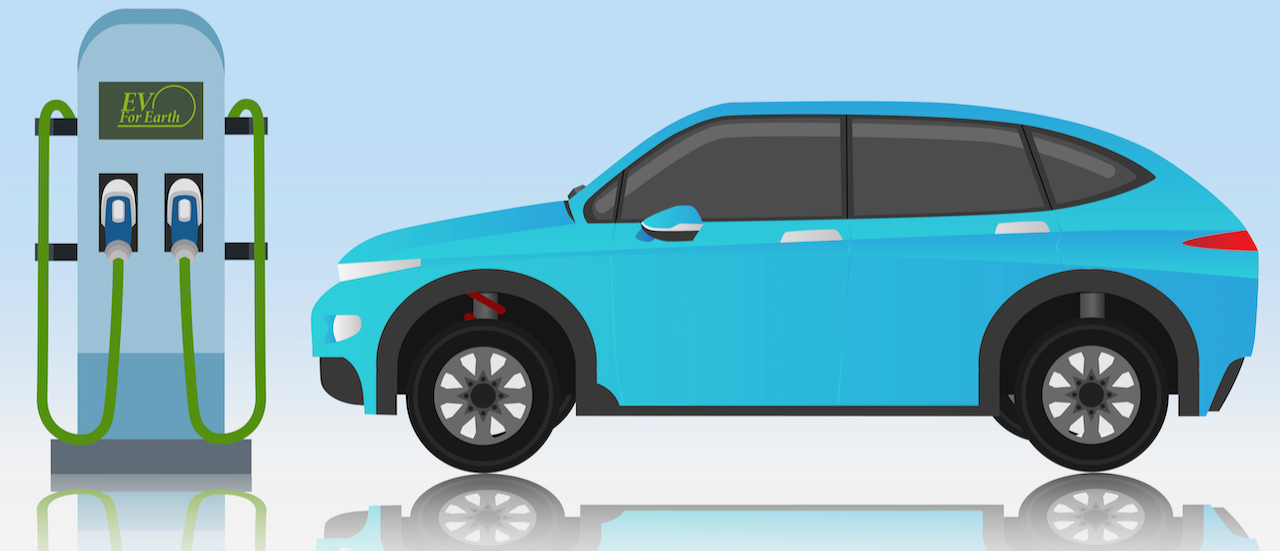
What’s best – an EV or a Hybrid?
We explain pros and cons of Electric Vehicles vs. Hybrids.
The public's appetite for the internal combustion engine is starting to run out of gas, but the hybrid car market is in good health and electric vehicles (EVs) have been taking off. Is a hybrid or an EV going to be your next purchase?
What’s not to like about EVs? Electric vehicles emit 80% less CO2 than the petrol equivalent, they’re zippy, look good, are fun to drive and New Zealand boasts a rapidly increasing network of strategically-positioned public charging stations.
However, they are generally more expensive than comparable internal combustion engine powered vehicles. The price of a new EV is out of reach for most Kiwis, particularly in the current economic climate. Which brings hybrid cars into the picture if you want to be more environmentally friendly while on a budget.

The used car market is a great place to start when assessing your options. With a budget of around $20,000, for example, what are your green choices?
Firstly, EVs. Check out the usual used car outlets such as local dealerships and Trade Me; you’ll find a vast catalogue of Nissan Leaf, BMW i3 Edrive and Nissan e-NV200 (van) options. If you’ve got a little more to spend, you may like to consider a fully-electric Hyundai Ioniq EV at around the $30k mark.
Options are a little broader if you’re considering a hybrid or plug-in hybrid. Predictably, the 2012 Toyota Prius hybrid dominates the range, but look out, too, for the 2013 Mitsubishi Outlander PHEV or a BMW 330E, which are both plug-in hybrids.
The terminology can be baffling at first: ICEVs, BEVs and PHEVs – so take your time getting to know the differences, visit the local dealerships, go online, ask questions, then more questions and take test drives.
If you’ve set your heart on an EV, ask yourself: will this be your primary vehicle? Who will be using the car the most and for what type of journeys (frequency and length)? EVs come with different ranges, so will you be using it for the daily commute or for infrequent touring? Or both?
Buying an EV will be more expensive than a hybrid initially, but that outlay can be offset by comparatively lower running costs over time.
Still not sure? Why not hire an EV or a hybrid vehicle for the day or for a road trip and see how you get on.
The advantage of this is that it gives you a chance to check out performance, handling and whether a certain type of vehicle suits your driving style. Many drivers new to EVs are surprised at how quickly they can take off; as the energy is stored in the battery they’re ready to go in an instant.
Plus, EVs are fun. They’re nippy, economical and increasingly practical with the plethora of public and private charging options available (82% of EV owners do their charging at home, according to Genless). It's said that once you’ve driven your first EV, you never look back.
It’s also worth considering after-purchase costs. ‘Charging at home off-peak is like buying petrol at around 40c/litre, depending on your electricity retailer. And battery EV motors have so few moving parts there is less to maintain or go wrong.’ (Genless)

Generally, hybrid cars are slower off the mark than ICE vehicles because their primary purpose is to improve fuel efficiency and lower carbon omissions. As a result, eco-friendly driving is prioritised over power. However, hybrids operate efficiently under 80kmph, with the battery doing the initial work before gas takes over.
On average, drivers who switch to hybrid vehicles from petrol vehicles save up to 50% on fuel on a per-kilometre basis (Ingham.co.nz). Optional power settings, with switching and combining of engine and battery sources depending on the driving scenario, make for the most efficient performance.
“Hybrids have done a phenomenal job in reducing emissions for New Zealand,” says Anthony MacLean, Principal at Boost Auto, the automotive consultants. “Hybrid drivers are reducing CO2 emissions by 50%. The volume is there and that means more affordable vehicles for drivers who want to reduce their vehicle emissions but a full EV is financially out of reach or not practical for them.”
In short, if you’re in the market for a new car, the range of EVs now available is exceptional. If you can’t quite get there yet, check out the used car options. Look hard because there are EV bargains and your $20,000 might take you further than you think. And don’t rule out a hybrid as an important stepping stone to cleaner car technology.
What does all the new vehicle terminology mean?
| Term | Definition |
|---|---|
| ICE | A conventional vehicle powered solely by an internal combustion engine that uses petrol/diesel |
| PEV | The blanket term for any plug-in electric vehicle, including fully-electric vehicles (BEVs) and plug-in hybrids (PHEVs). |
| BEV | A battery electric vehicle (or fully/all-electric vehicle) powered entirely by a rechargeable battery. |
| PHEV | A plug-in hybrid electric vehicle that has a rechargeable battery to power the electric motor and uses petrol/diesel to power the ICE. The ICE takes over when the battery is depleted. |
| FHEV/HEV | A full hybrid electric vehicle, or hybrid, combines a hybrid battery and a conventional ICE to boost power and improve efficiency. With no plug, the battery is charged through regenerative braking (energy recovery from when the car is coasting or going downhill). |
| MHEV | A mild hybrid electric vehicle (generally) features a small electric motor to assist the ICE in efficiency and performance, working together and never separately. |
Read more of our articles on EVs and sustainable mobility options:
Reported by Ben Whittacker-Cook for our Autumn 2023 issue
